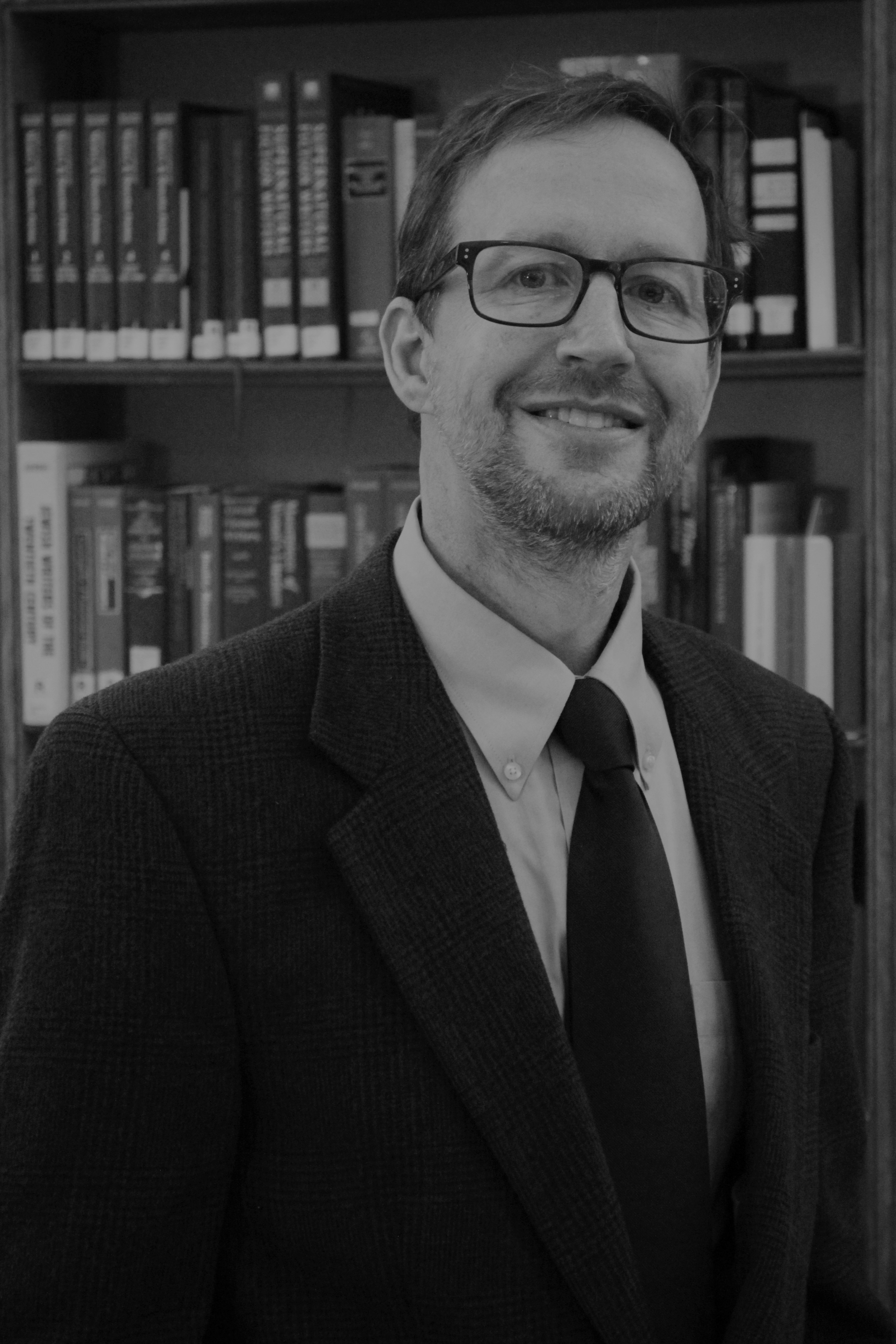Published 2022-12-19
Keywords
- Publication Ethics,
- Information Society,
- Library and Information Science,
- Peer Review Ethics
How to Cite
Copyright (c) 2022 Steven Witt

This work is licensed under a Creative Commons Attribution 4.0 International License.
Abstract
This essay thus seeks to provide further critique and clarity to the peer review process and the ways in which management of peer review is evolving. These changes occur within a context of massive growth in the knowledge production process: global trends, information technologies, and policies that encourage more people globally to take part in the research process. Associated with these global changes are stressors on the peer review process and particularly questions about who gets to be a peer reviewer and who has the right to produce knowledge under these processes. Less a formal review and analysis of peer review across LIS, this essay takes the form of an autoethnographic narrative that that seeks to draw upon the researcher’s personal observations, experience, and reflections to critically examine changes to the peer review system that are taking place.
Metrics
References
- Adams, Tony E. 2015. Autoethnography. Understanding Qualitative Research. New York, NY: Oxford University Press.
- Bell, Daniel. 1973. The Coming of Post-Industrial Society; a Venture in Social Forecasting. New York: Basic Books.
- Castells, Manuel. 2000. The Rise of the Network Society. 2nd ed. Information Age ; v. 1. Oxford ; Blackwell Publishers.
- Collyer, Fran M. 2018. “Global Patterns in the Publishing of Academic Knowledge: Global North, Global South.” Current Sociology 66 (1): 56–73. https://doi.org/10.1177/0011392116680020. DOI: https://doi.org/10.1177/0011392116680020
- Committee on Publication Ethics. 2019. “Exploring Publication Ethics in the Arts, Humanities, and Social Sciences: A COPE Study 2019.” https://doi.org/10.24318/cope.2019.4.1. DOI: https://doi.org/10.24318/cope.2019.4.1
- Congressional Research Service. 2022. “Global Research and Development Expenditures: Fact Sheet.” CRS Report R44283. Washington, D.C., United States: Congressional Research Service. https://sgp.fas.org/crs/misc/R44283.pdf.
- “Esperanto for Scientific Papers and Abstracts.” 1938. Nature 141 (3579): 1007–1007. https://doi.org/10.1038/1411007b0. DOI: https://doi.org/10.1038/1411007b0
- Lee, Jongwook, Kiduk Yang, and Dong-Geun Oh. 2020. “Factors Influencing the Choice of a Publication Venue in Library and Information Science.” Learned Publishing 33 (3): 323–32. https://doi.org/10.1002/leap.1300. DOI: https://doi.org/10.1002/leap.1300
- Masuda, Yoneji. 1980. The Information Society: As Post-Industrial Society. Tokyo: Institute for the Information Society.
- Peters, Michael A. 2019. “Global University Rankings: Metrics, Performance, Governance.” Educational Philosophy and Theory 51 (1): 5–13. https://doi.org/10.1080/00131857.2017.1381472. DOI: https://doi.org/10.1080/00131857.2017.1381472
- Sivertsen, Gunnar. 2017. “Unique, but Still Best Practice? The Research Excellence Framework (REF) from an International Perspective.” Palgrave Communications 3 (1): 1–6. https://doi.org/10.1057/palcomms.2017.78. DOI: https://doi.org/10.1057/palcomms.2017.78
- Witt, Steven. 2020. “Creating Global Studies Knowledge amidst Biased and Entrenched Systems of Academic Publishing.” Global-e: A Global Studies Journal 13 (55). https://www.21global.ucsb.edu/global-e/august-2020/creating-global-studies-knowledge-amidst-biased-and-entrenched-systems-academic.
- Witt, Steven. 2019. “Can Journals Overcome Bias and Make the Peer Review Process More Inclusive?” IFLA Journal 45 (4). https://doi.org/10.1177/0340035219894100. DOI: https://doi.org/10.1177/0340035219894100







